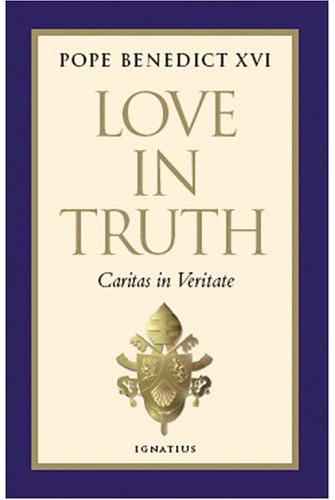Of Money and Mouths
We shouldn’t complain about socialists and charlatans in power if we’re not willing to fund alternatives. We shouldn’t bemoan the power of big money if we’re not willing to utilize the power of small money.
Thoughts on Teaching Wendell Berry
Teaching Wendell Berry to students today isn't a thankless task, but the victories are small and far between (which, one might say, is all the best victories always are).
Castles Built on Sand
Even for the average homeowner, ownership all too often is imagined as a way of gaming income flow and consumption over a lifetime, accumulating enough to spend down before one has to become a ward of the welfare state. It is part of consumer society, not a buffer against it.
The Neighborly Arts
The neighborly arts begin at home, extend outward in service to others, and return in the form of gratitude, friendships, and commitments born of practical skills shared and received.
The Duma on the Potomac, for the Greater Glory of Government
The American Bolsheviks, on the other hand, are the mad-as-hell Tea Party with their sexpot Lenin Sarah Palin, fresh from cash-cow book tour and on a First Class Junket into Everyday Celebrity.
Aristotle and Aquinas, Bank Regulators
But if there is one thing that both Democrats and Republicans agreed about in the 90's, it was that these “monstrosities” didn't need to be regulated.
Can Votes Determine whether Ryan Howard is Better than Albert Pujols?
If voting for your favorite baseball player doesn't prove his greatness, does the same lesson apply to your favorite or even your own community?
Gratuitous Foundations: Benedict XVI’s Humanism of the Gift, Part II
Benedict's encyclical responds to the elite technocrats of the liberal order more charitably than they deserve. It is true that, in mundane circumstances, liberal society often professes a congenial relativism, and it is equally true that the technocrats of modern charity—who discover the redemption of man in contraception, efficient abortion, and maximized “private” freedom with neither self-government nor moral judgment—reject the identity of “Agápe and Lógos”, the “God of the Bible” who is “Charity and Truth, Love and Word.” But this does not mean they lack a conception of truth or that they are in fact mere sentimental relativists. They rather advocate an immanent and materialist absolute.
Gratuitous Foundations: Benedict XVI’s Humanism of the Gift, Part I
Benedict XVI's first social encyclical, "Caritas in Veritate," challenges long-accepted understandings of the relation of faith and reason and of charity and justice. In so doing, he not only calls into question the failed rationalism and failed conceptions of ownership that have done so much to harm and misshape the modern west; he also revises the Catholic Church's social doctrine, in some respects drawing it away from its origin in the neo-Scholastic political theory of Leo XIII, while in others renewing and strengthening the profound continuity of the Church's Gospel message.
The Homeless Modern
The disposition that characterizes the modern mind--a disposition that favors as its ideal a skeptical “view from nowhere,”--serves to undermine the very elements that make community possible.











